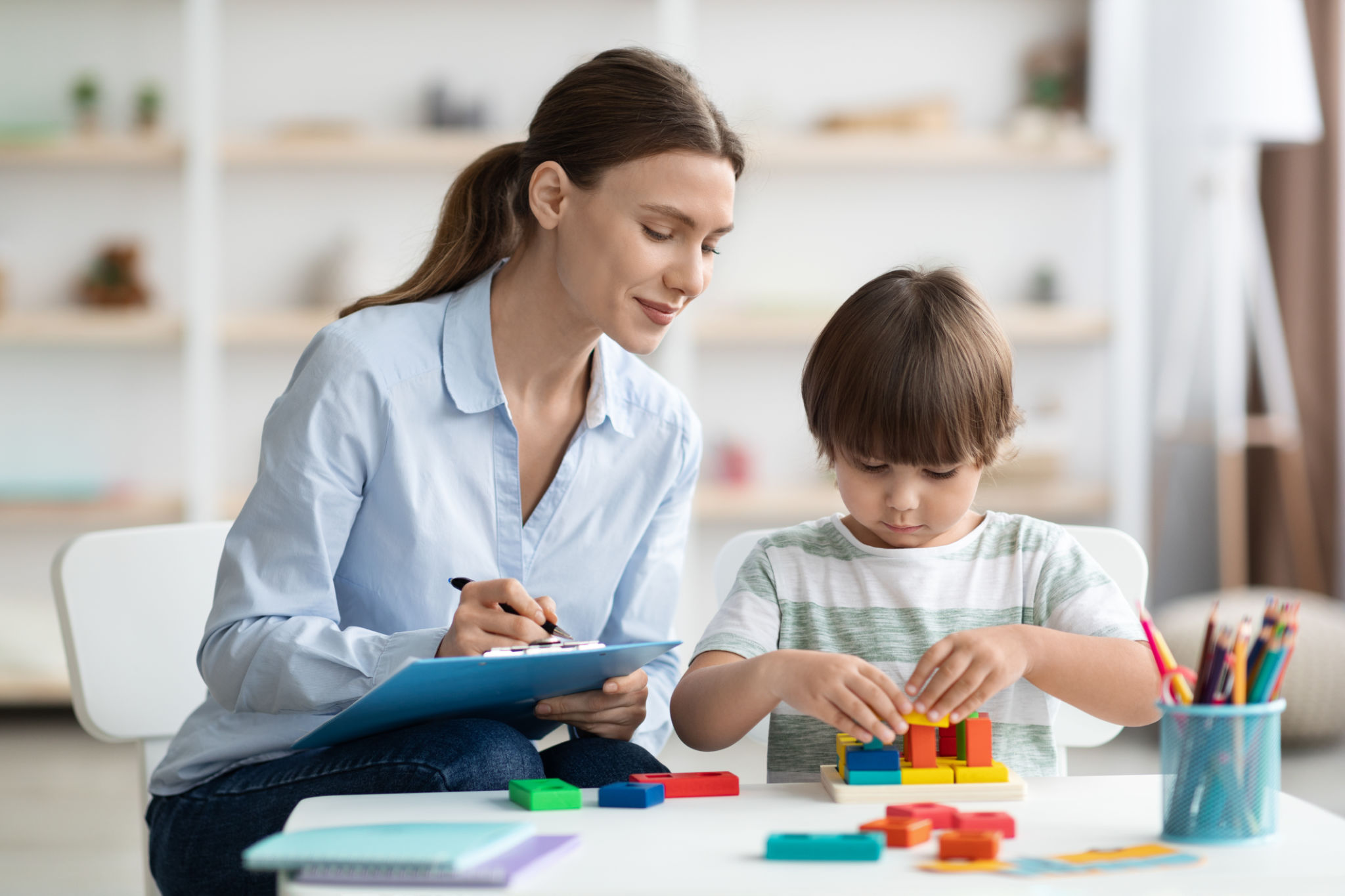Understanding Educational Psychology: Key Concepts and Applications
Understanding Educational Psychology
Educational psychology is a unique field that delves into how people learn and develop over time. It combines elements of psychology and education to better understand the learning process. This branch of psychology aims to optimize educational settings, improve teaching methods, and enhance learning outcomes for students of all ages.
At its core, educational psychology focuses on the cognitive, emotional, and social processes involved in learning. By understanding these processes, educators can create more effective teaching strategies that cater to the diverse needs of learners. Additionally, educational psychologists work on developing assessments and interventions to support students in overcoming learning obstacles.

Cognitive Development
One of the key areas of educational psychology is cognitive development, which examines how thinking and reasoning evolve from childhood through adulthood. This area is heavily influenced by the work of theorists like Jean Piaget, who proposed that children progress through distinct stages of cognitive development. Understanding these stages helps educators tailor their teaching methods to suit the developmental level of their students.
Moreover, cognitive development studies explore how students process information, solve problems, and develop critical thinking skills. Educational psychologists use this knowledge to design curricula that foster intellectual growth and encourage students to engage deeply with the material.

Motivation in Learning
Motivation is a crucial factor in the learning process. Educational psychologists study what drives students to learn and how motivation can be enhanced in educational settings. Theories such as intrinsic and extrinsic motivation provide insights into how students are encouraged to participate actively in their learning journey.
Strategies to boost motivation include setting achievable goals, providing positive reinforcement, and creating a supportive learning environment. By fostering a sense of autonomy and competence, educators can inspire students to take ownership of their education and persist through challenges.

Classroom Management and Environment
Another essential aspect of educational psychology is understanding how classroom management and environment impact learning. Effective classroom management creates an atmosphere conducive to learning by minimizing disruptions and promoting positive behavior. Educational psychologists study various management techniques to help teachers maintain a balance between structure and flexibility.
The classroom environment also plays a significant role in student engagement and achievement. Factors such as seating arrangements, lighting, and even the color of the walls can influence learning outcomes. By optimizing the physical space, educators can create an inviting and stimulating environment that enhances students' ability to concentrate and learn.
Application of Educational Psychology
The principles of educational psychology are applied in various ways within educational settings. Teachers use these insights to develop lesson plans that accommodate different learning styles and abilities. They also implement assessment tools that provide valuable feedback on student progress, allowing for adjustments in teaching strategies.
Additionally, educational psychologists work with school administrators to develop policies that support inclusive education. By addressing the diverse needs of students, schools can create equitable opportunities for learning and ensure that all students have access to quality education.

Conclusion
In summary, educational psychology provides valuable insights into the complex processes involved in learning and development. By understanding key concepts such as cognitive development, motivation, and classroom management, educators can create more effective teaching methods tailored to the needs of their students. Ultimately, the application of educational psychology contributes to improved educational outcomes and helps students reach their full potential.